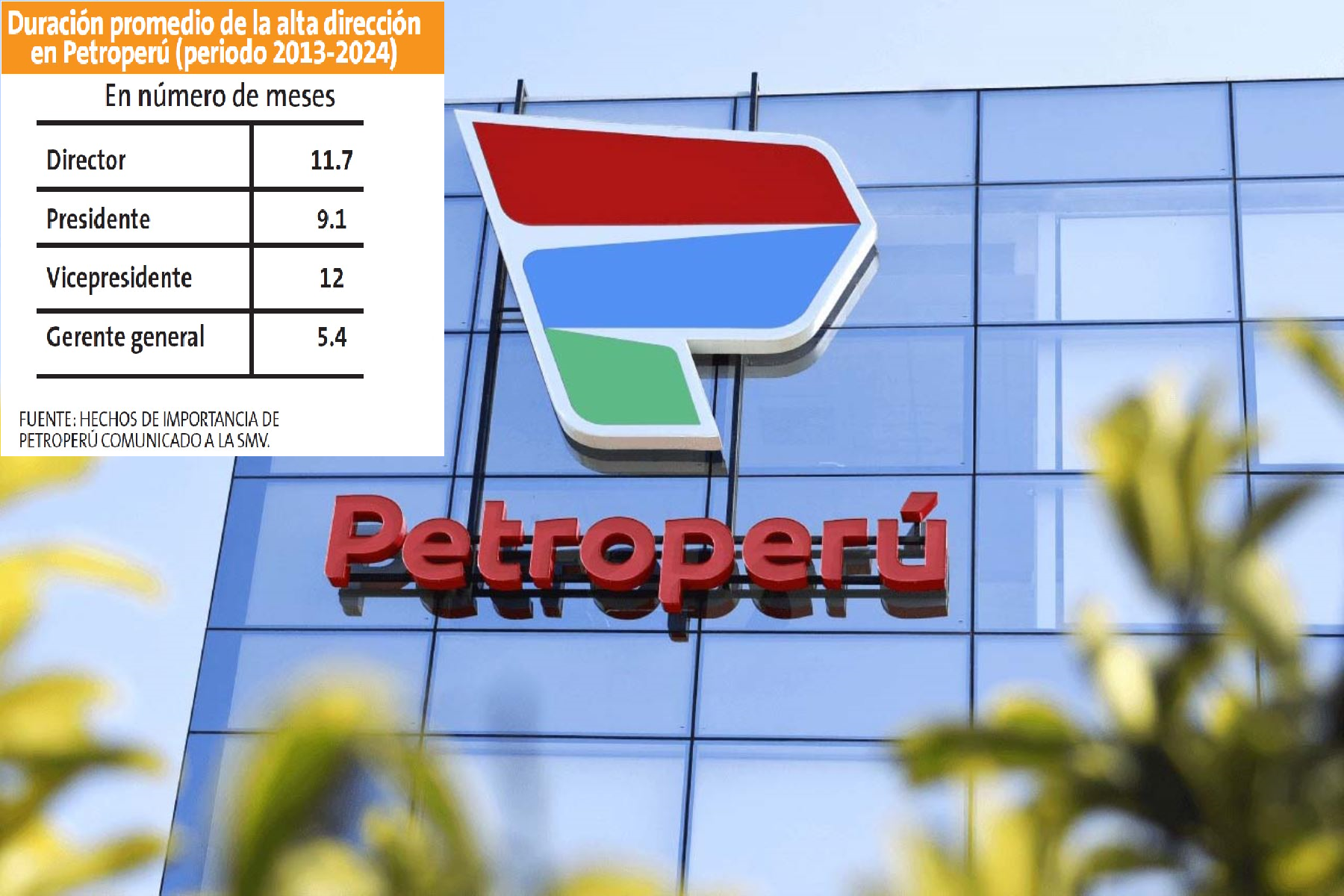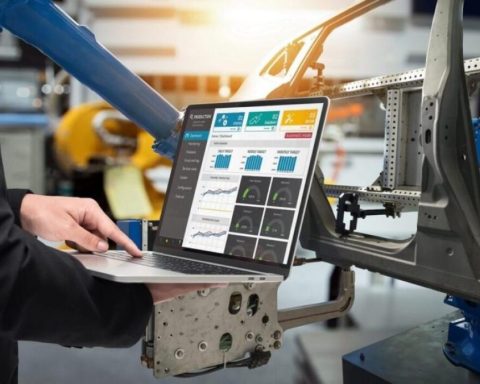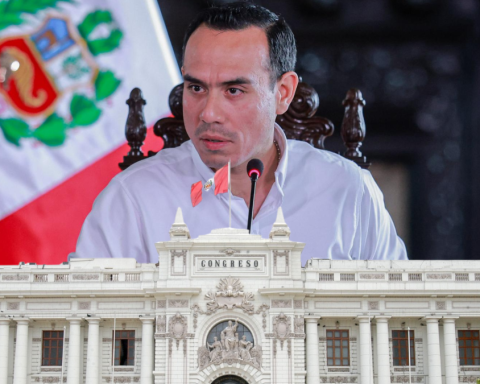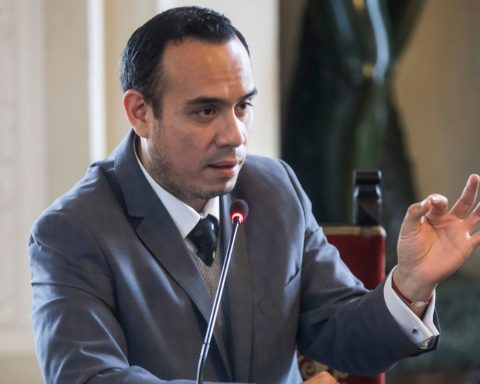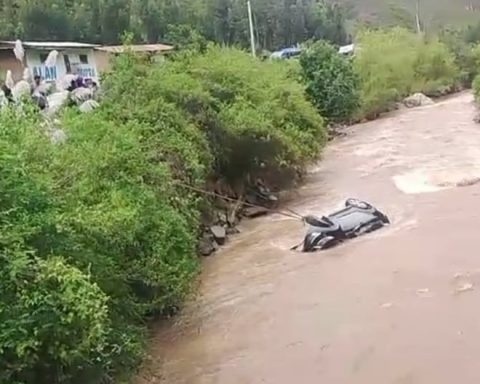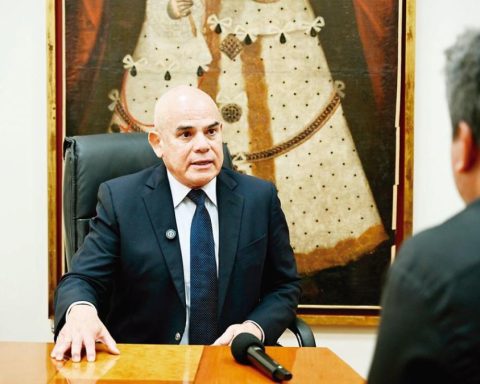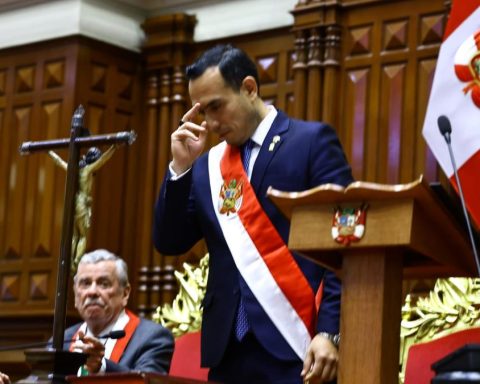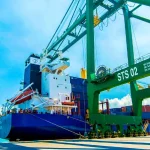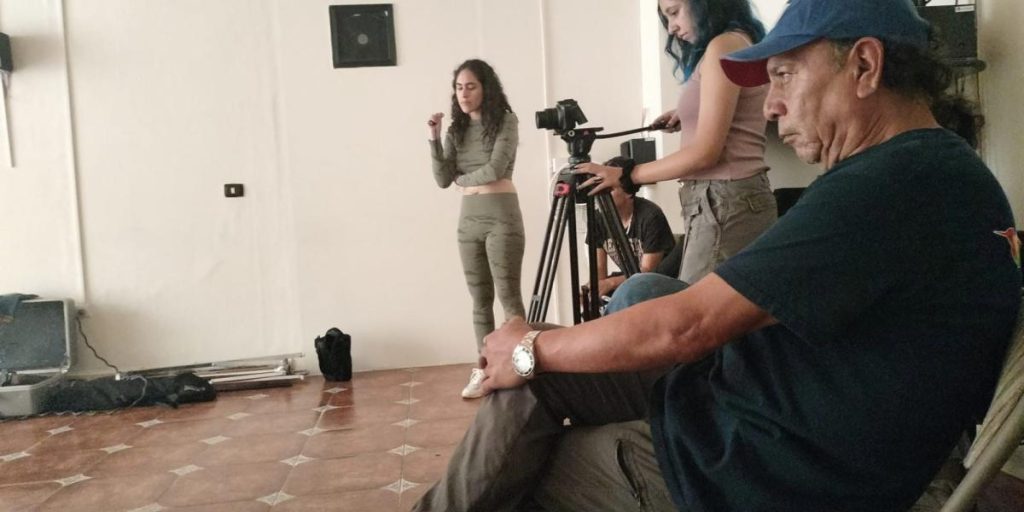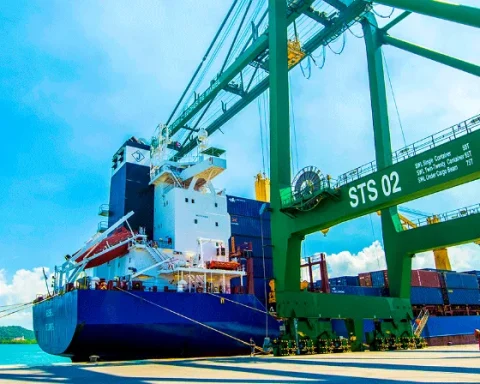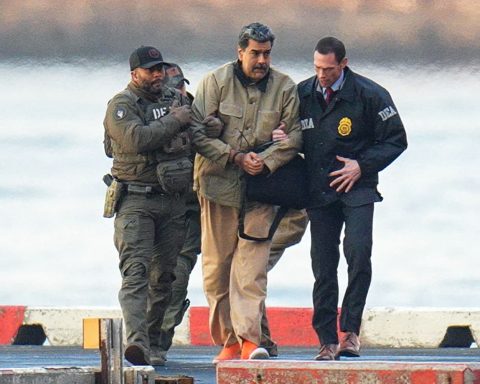a week ago, The Minister of Economy, José Arista, assured that he would soon define the situation of the Petroperú board of directors, after the members of said board of directors resigned almost a month ago, due to the delay in making decisions about the future of the state oil company. However, his words were only promises.
LOOK: A third of cooperatives reported losses in July
As this newspaper revealed, the appointment of the new board, or the possible ratification of the previous one, is stalled due to the positions of president Dina Boluarte and union member Óscar Vera, who seek Alejandro Narváez to assume the presidency of the board.
Narváez is a controversial figure who has downplayed Petroperú’s financial problems. Although the recent rescue approved for the company is part of the outgoing board’s restructuring plan, Narváez has indicated that, if he became president, he would not implement said plan.
The president’s stubbornness has paralyzed the formation of the new board, as if this could freeze the oil company’s problems. However, the Boluarte government is not the only one that has neglected Petroperú’s good corporate governance. The current problems are not only due to internal unionism, but also to high turnover in the board of directors and general management.
“For me it should come out today, but the board is under evaluation,” said the Minister of Energy and Mines, Rómulo Mucho, to Peru21.
High turnover
According to the reports and Important Facts sent by Petroperú to the Superintendency of the Securities Market, between 2014 and 2024, a director of the company remains in office for an average of 11.7 months; the president, 9.1 months; the vice president, 12 months; and the general manager, 5.4 months.
Arturo Vásquez, an expert in hydrocarbon issues, indicated that this constant rotation prevents the continuity of business policies. “Fonafe establishes a duration period of approximately three years, but this does not apply in Petroperú,” he told this newspaper, underlining the need for the oil company to operate under the supervision of the National Fund for Financing State Business Activity (Fonafe). ).
Vásquez added that the restructuring of the company will not be possible while senior officials continue in office for such short periods. For this reason, the former Vice Minister of Energy considers it essential to have an independent board, without political influences or links with the Executive.
“It is necessary to eliminate the workers’ representative on the board,” he added, and stressed that employee complaints should not be addressed directly by the Executive without adequate analysis.
On March 1 of this year, Carlos Adrián Linares Peñaloza was appointed president of the Petroperú board, but he resigned three months later after being disqualified by the Comptroller’s Office from holding public office. On June 11, he was succeeded by Oliver Thomas Alexander Stark Preuss, who subsequently resigned along with the rest of the board. Although his resignations have not been accepted, if they are not ratified, his period at the head of the company will be below average.
Take advantage of the NEW EXPERIENCE, receive our enriched digital newspaper by mail or WhatsApp. Peru21 ePaper Get to know our plans!
RECOMMENDED VIDEO
